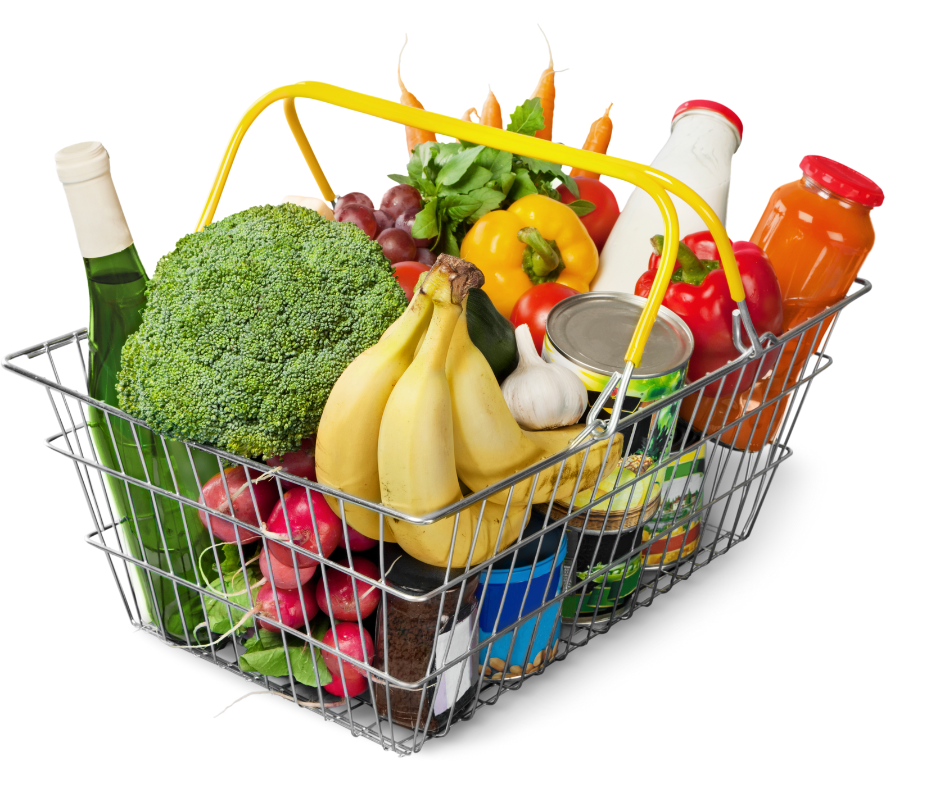How to cut your food bills
Published on 29 June 2023 11:40 AM

Food bills have risen 19 per cent in the last year – our cookery tutor and healthy lifestyle coach Anne Iarchy offers advice on cutting down your food costs without compromising your health.
Create a budget: Start by setting a monthly budget for your food expenses. This will give you a clear idea of how much you can afford to spend on groceries and dining out.
Plan your meals: Plan your meals in advance, preferably for a week. If you shop in a supermarket such as Aldi where you know the special fruit and veg on special offer that week, build your meal plan around those ingredients. Planning your meals also allows you to make a shopping list based on the ingredients you need, reducing the chances of impulse purchases. Meal planning also allows you to reuse ingredients that otherwise might go to waste. Think celery for instance, which does get used a lot as a base for many recipes, you only need a few stalks of it each time.
Make a shopping list: Always shop with a list and stick to it. This helps you avoid buying unnecessary items and ensures that you only purchase what you need.
Shop for special offers: Consider buying non-perishable items that are on special offer, especially if they have a long shelf life. This can often save you money in the long run. However, be mindful of perishable items that may go to waste if you buy too much. The following weeks, plan your meals around the items you bought.
Compare prices: Check prices at different grocery stores in your area to find the best deals. Consider shopping at discount stores or using coupons to save even more.
Cook at home: Eating out or ordering takeout can be expensive. Cooking meals at home is usually more cost-effective. Learn to cook your favourite dishes and experiment with new recipes to make it enjoyable.
Meal prepping: Dedicate some time each week to meal prepping. Cook larger quantities of food and divide them into portions for the week. This can save you time and money by avoiding the need for last-minute takeout or dining out. If you don’t enjoy eating the same meal through the week, get some containers and freeze your portions. That way you’ll have some “home cooked ready meals” at hand for days you don’t feel like cooking.
Buy generic or store brands: Consider purchasing generic or store-brand products instead of name-brand items. They are often cheaper and can be of comparable quality.
Avoid convenience foods: Pre-packaged convenience foods like frozen meals or individually wrapped snacks tend to be more expensive. Opt for fresh ingredients and prepare your meals from scratch whenever possible.
Reduce food waste: Be mindful of food waste by properly storing and using leftovers. Get creative with using leftovers in new recipes or freezing them for future meals.
Frozen vegetables and fruit are handy: Frozen fruit and vegetables contain nearly as many nutrients as fresh. They are picked from fresh and frozen straight away. They are often cheaper than fresh, and are handy to have in the freezer to up your 5-a-day in an easy way. As they are frozen, there is no waste at all. Only defrost and cook what you need. They are much better than tinned fruit and vegetables as those contain preservatives.
